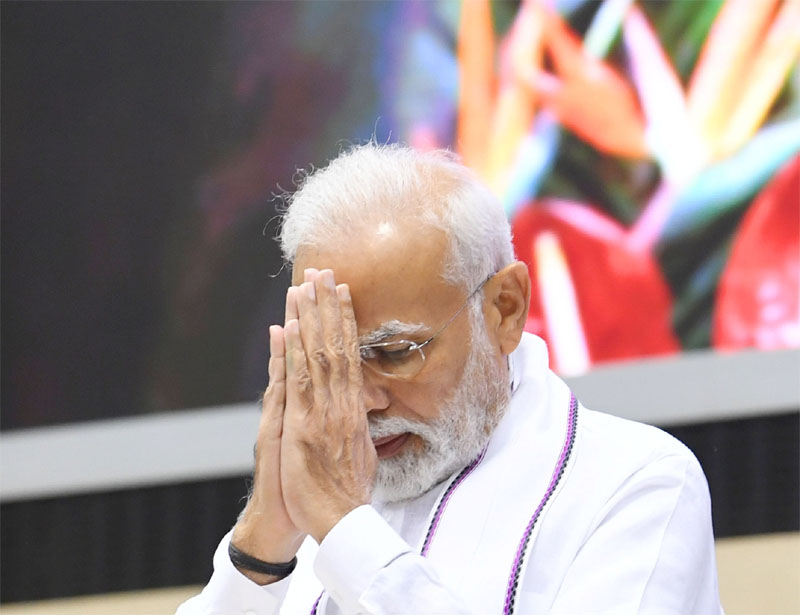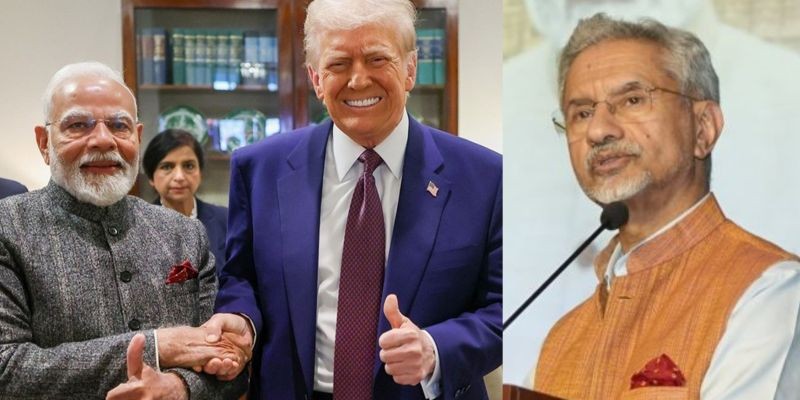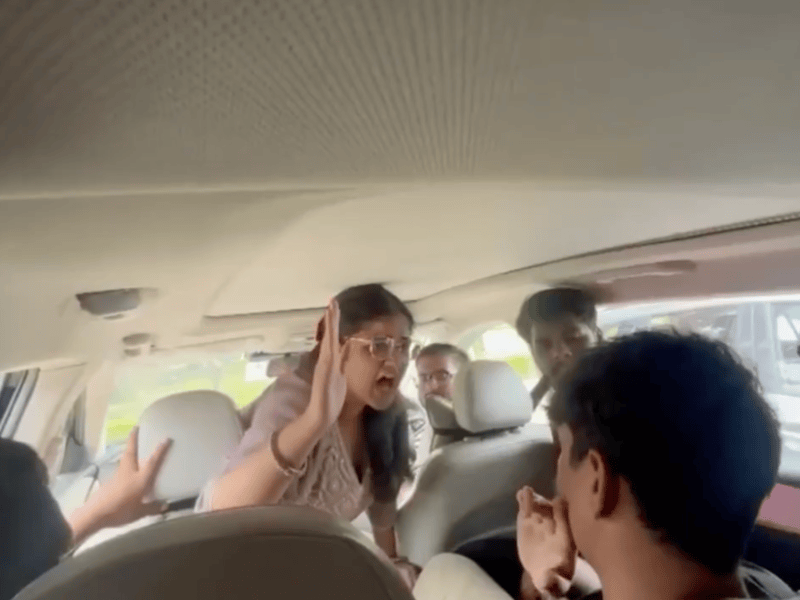BBC documentary on PM Modi a 'propaganda' to push 'discredited narrative', 'colonial mindset': India

New Delhi/IBNS: India strongly condemned a BBC series on Prime Minister Narendra Modi and the 2002 Gujarat riots on Thursday, calling it a "propaganda piece designed to push a discredited narrative" that shouldn't be "dignified" with a response.
"Do note that this has not been screened in India. So, I am only going to comment in the context of what I have heard about it and what my colleagues have seen. Let me just make it very clear that we think this is a propaganda piece designed to push a particular discredited narrative. The bias, the lack of objectivity, and frankly a continuing colonial mindset, is blatantly visible," said foreign ministry spokesperson Arindam Bagchi.
The BBC's two-part series called "India: The Modi Question" has elicited strong reactions.Asked about the comments by former UK foreign secretary Jack Straw in the BBC documentary where he is referring to a secret report on the Gujarat riots, Bagchi said: "He must be referring to some internal report..just because Jack Straw says, his words don't add legitimacy...I heard words like 'enquiry', 'investigation'. There is a reason we use words like 'colonial mindset'. We don't use such words loosely. What enquiry? They were diplomats here! Investigation? Are they ruling the country? We don't agree with that characterisation. Obviously there is an agenda behind it."
The series narrator calls it a "look at tensions between Indian PM Narendra Modi and India's Muslim minority, investigating claims about his role in the 2002 riots that left over a thousand dead."
Meanwhile, UK Prime Minister Rishi Sunak has said he "doesn't agree with the characterization" of PM Modi, answering a Pakistan-origin MP's question in the British parliament on the series."The UK government's position on this has been clear and long-standing and hasn't changed, of course, we don't tolerate persecution where it appears anywhere but I am not sure I agree at all with the characterisation that the honourable gentleman has put forward to," Sunak said, snubbing Imran Hussain.
I honour & respect the clarity of thinking of our PM @RishiSunak & his swift response to the characterisation of Sri @narendramodi ji done in the parliament. #DefundtheBBC @VDoraiswami @reachind_uk @amarprasadreddy @KirenRijiju pic.twitter.com/JXpht87VDw
— Gayatri 🇬🇧🇮🇳(BharatKiBeti) (@changu311) January 18, 2023
The BBC says the series examines how "Narendra Modi's premiership has been dogged by persistent allegations about the attitude of his government towards India's Muslim population" and "a series of controversial policies" implemented by PM Modi after his re-election in 2019, including "the removal of Kashmir's special status guaranteed under Article 370" and "a citizenship law that many said treated Muslims unfairly", which "has been accompanied by reports of violent attacks on Muslims by Hindus."
Lord Rami Ranger, a member of the UK House of Lords, was among those who alleged that the BBC was biased in its report.
"@BBCNews You have caused a great deal of hurt to over a billion Indians. It insults a democratically elected@PMOIndia Indian Police and the Indian judiciary. We condemn the riots and loss of life and also condemn your biased reporting," he tweeted.
@BBCNews You have caused a great deal of hurt to over a billion Indians🇮🇳 It insults a democratically elected @PMOIndia Indian Police & the Indian judiciary. We condemn the riots and loss of life & also condemn your biased reporting https://t.co/n38CTu07Il
— Lord Rami Ranger CBE (@RamiRanger) January 18, 2023
The BBC documentary evoked sharp responses from Indian origin Twitter users and suggested that the BBC should run a documentary series on the 1943 Bengal famine, which led to the death of nearly three million people dead or dying of malnutrition or disease.
One of the users said the series on the Bengal Famine should be called "UK: The Churchill Question."
As part of his country’s war effort, then UK Prime Minister Winston Churchill ordered to divert food from starving Indians to already well-provisioned British soldiers and stockpiles in Britain and Europe.




